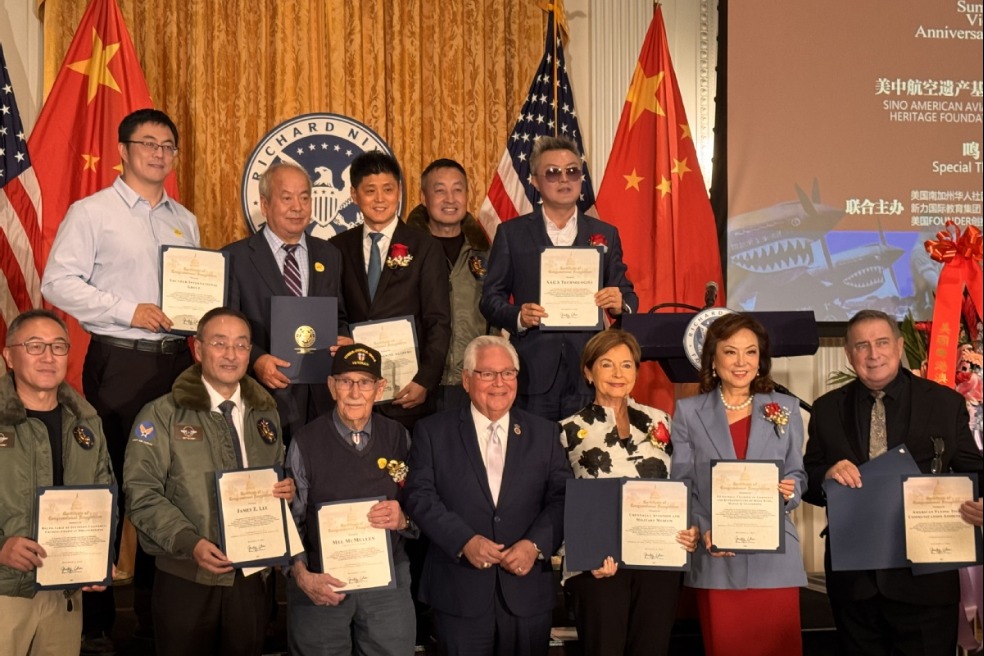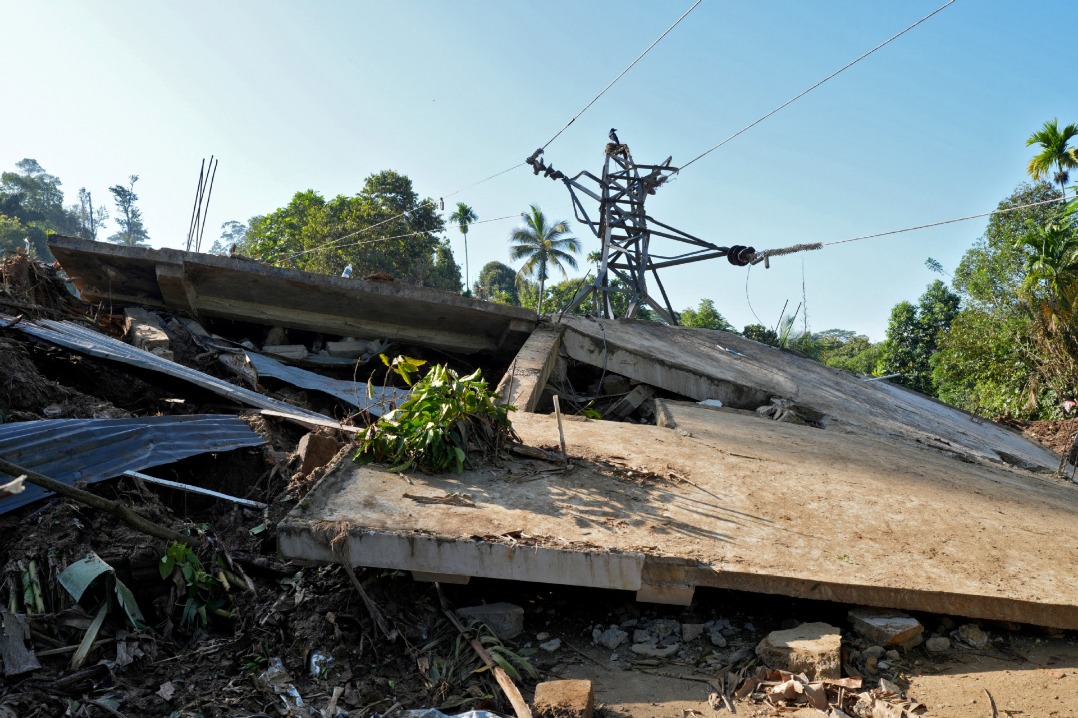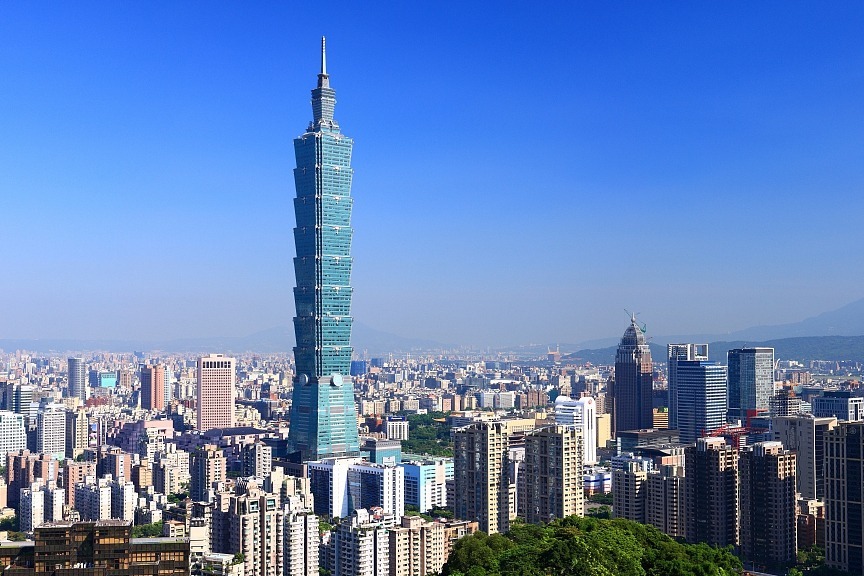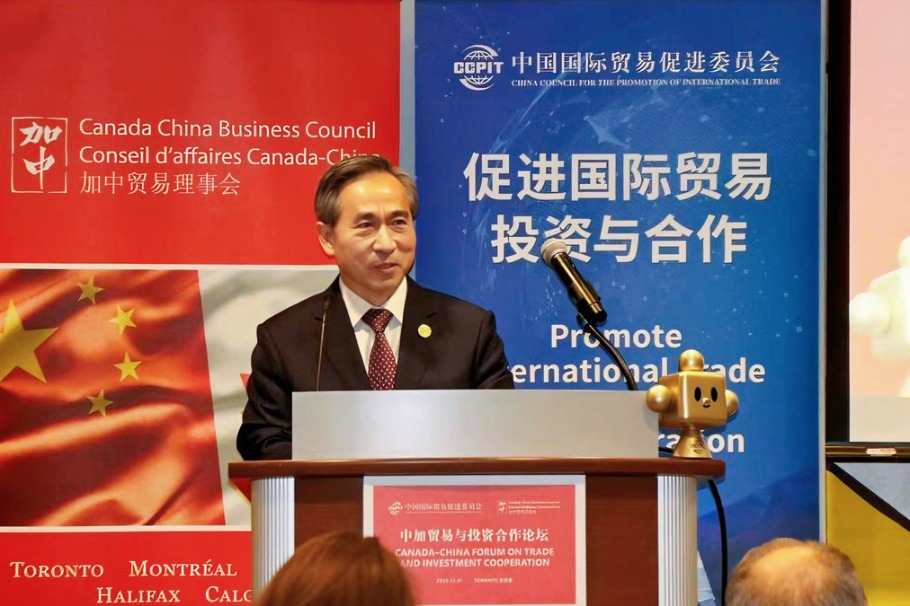Kishida's foreign policy criticized at home and abroad


Fumio Kishida's trip to the United States in September wrapped up his diplomatic endeavors as Japanese prime minister. Other than delivering a speech at the United Nations General Assembly in New York, he met with the leaders of Australia, India and the US in President Joe Biden's hometown of Wilmington, Delaware.
Kishida will step down on Tuesday when the ruling Liberal Democratic Party's new leader Shigeru Ishiba is elected prime minister by Japanese lawmakers.
During his two-and-a-half-years in office, Kishida promoted late prime minister Shinzo Abe's vision for a more assertive and proactive security strategy, except the Russia policy.
Abe had set a new diplomatic and security trajectory for Japan by strengthening the alliance with the US, bolstering its defense capabilities and assuming a "leadership" role on the global stage.
Three new strategic documents are central to Kishida's foreign policy — the National Security Strategy, the National Defense Strategy and Defense Buildup Program — which were approved by his cabinet in December 2022.Japan decided to acquire the capability to strike "enemy bases", buy hundreds of long-range cruise missiles and field other weapons that marked a fundamental transition from a strictly defensive military to one that could effectively deter and defeat "threats".
Liu Qingbin, a former professor at Yokohama National University's Institute of Advanced Sciences, said Kishida's primary focus was on deepening ties with the US to keep Japan solidly under the US security umbrella and double Japan's defense spending, a longtime policy preference of Washington.
"His policy clearly demonstrates that Japan follows Biden's strategy of building a global alliance, helping the US carry out the encirclement of China," Liu said.
Kishida closely follows Washington's restrictions on semiconductor exports to China as well.
"The Kishida administration did not devote much political capital to breaking the deadlock with China. Instead, it identified China as Japan's primary security threat to justify increased defense spending," Liu said.
During Kishida's tenure, Japan steadily stepped up its international defense role and military budget, with the country spending close to 2 percent of its gross domestic product on defense.
In an interview with Russian news agency Sputnik, Valery Kistanov, head of the Center for Japanese Studies at the Institute of Far Eastern Studies in the Russian Academy of Sciences, said the Russia-Japan relationship is in limbo with all contact cut, adding that as long as Japan's hard-line Russia policy remains, it is unlikely that bilateral ties will improve, and dialogue resume.
The Russian scholar held Kishida responsible for the dramatic deterioration in relations between Russia and Japan.
The Japanese prime minister supports Ukraine and has cooperated with the US by immediately following it on imposing sanctions on Russia, Kistanov said.
Kishida has created tension in the region by repeatedly stating at international forums that "Ukraine today may be East Asia tomorrow".
He has tried to use the so-called gains from the global stage to counterbalance domestic distress, Kistanov said.
He has moved Japan away from its postwar pacifist stance, easing the ban on lethal weapon exports to enable the co-development of next-generation fighter jets with Italy and the United Kingdom. Japan has also continued to engage more through regional initiatives such as the quadrilateral partnership between Australia, India, Japan and the United States, and the new trilateral cooperation between Japan, Republic of Korea and the US, in addition to penning numerous security-based investment deals with regional partners under its new Official Security Assistance framework.
The Tokyo Shimbun criticized the Kishida administration for undermining Japan's pacifist principles established after World War II. Another Japanese media outlet, Mainichi Shimbun, said in contrast with the "honeymoon "Japan is enjoying with the US and ROK, the country's relations with China has not improved. The possession of counterstrike capabilities deviates from Japan's longheld principle of exclusive self-defense. It could provoke suspicion and distrust among neighboring countries, destabilizing the region, the newspaper said.
Hiroshi Shiratori, professor of political science at Hosei University, said Kishida has failed to build a forward-looking relationship with China. Under his leadership, bilateral ties have moved backward.
"Kishida should have used two important occasions — the 50th anniversary of the normalization of the China-Japan diplomatic relations in 2022 and the 45th anniversary of the signing of the Treaty of Peace and Friendship between China and Japan in 2023 — to improve ties with China," Shiratori said. "It is very disappointing that he did not hold on to the opportunities."
Wang Mengxue, assistant researcher at Shanghai Academy of Social Sciences' Institute of International Studies, said while taking advantage of the QUAD, Kishida was trying to woo "like-minded "partners and countries in other parts of the world.
The Japanese prime minister expanded the so-called free and open framework by unveiling a new plan that includes massive new infrastructure and economic assistance program for countries in the Global South, Wang said.
"Following the US to upgrade Japan's military, Kishida's conservative foreign policy has not boosted Japan's international influence," Wang said. "On the contrary, it puts Japan in a more volatile security environment, making the country's national strategy less independent."
































